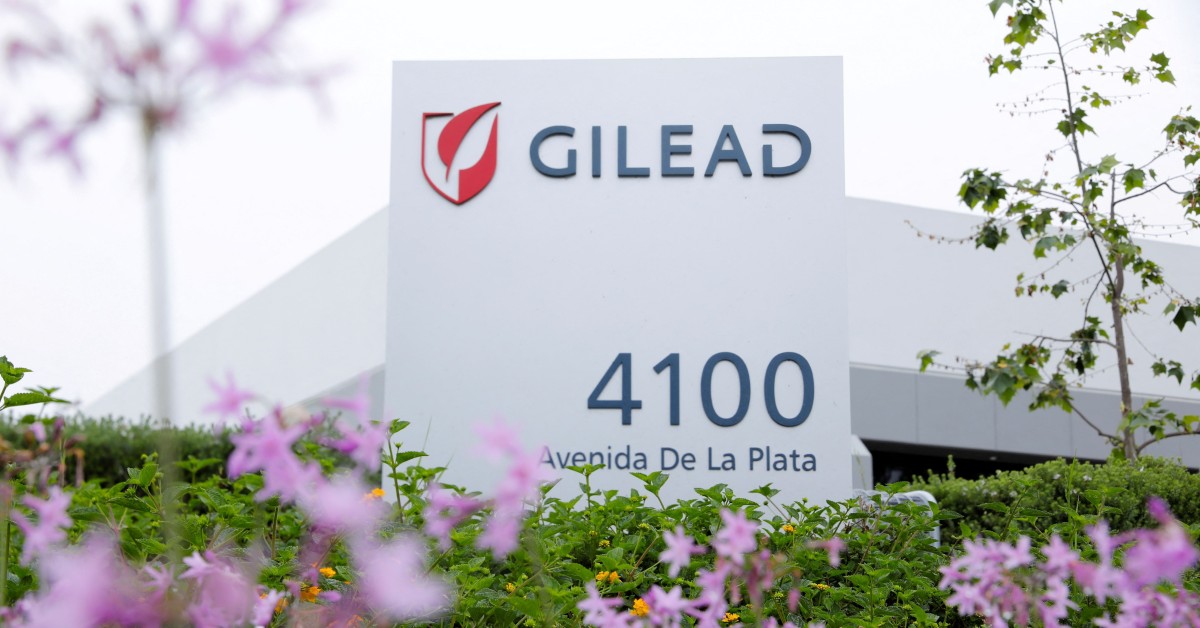
USA – The FDA is nearing approval for lenacapavir, Gilead Sciences’ twice-yearly HIV prevention shot, which has shown near-perfect efficacy in large clinical trials.
If approved by June 19, the injection could transform HIV prevention, offering a more convenient alternative to daily oral PrEP and potentially generating over US$ 4 billion in revenue by 2030.
Lenacapavir could be a game-changer for global HIV prevention efforts. Gilead has partnered with PEPFAR and the Global Fund to distribute the drug in at least 18 low-income countries starting in early 2026.
The company has committed to providing the injection at cost for two to three years, allowing six licensed generic drugmakers time to ramp up production.
“You can foresee a day where there are no new HIV diagnoses. It doesn’t happen if we only do this in the U.S.,” said Johanna Mercier, Gilead’s Chief Commercial Officer. “We need to make sure we have a global approach to this launch.”
A major step in ending HIV
Until now, daily PrEP pills were the only option for individuals at high risk of HIV infection. Experts believe that long-acting alternatives, such as lenacapavir, could significantly slow the epidemic.
With the World Health Organization likely to endorse the treatment post-FDA approval, millions worldwide could benefit.
Financial analysts are closely watching, estimating that annual U.S. sales could exceed US$1 billion by next year. However, funding uncertainty looms, particularly for low-income nations, where U.S. aid reductions threaten HIV prevention programs.
“It’s not just the uncertainty over PEPFAR’s funding that’s an issue, but the uncertainty over our funding,” said Peter Sands, Executive Director of the Global Fund.
The organization is seeking US$ 18 billion in funding for its work from 2027-2029, with the U.S. as its largest donor.
Future of HIV treatment
Gilead is already exploring once-yearly formulations, which showed higher plasma concentrations in early trials. A Phase III study for annual HIV prevention is set to launch later in 2025.
Other pharmaceutical companies, including GSK and ViiV Healthcare, are also advancing long-acting antiviral treatments, signaling growing momentum toward ending HIV.
Despite optimism surrounding lenacapavir, activists warn that funding challenges could derail access for millions.
“It felt like the stars were aligning, and one of the stars has fallen out of the sky,” said Linda-Gail Bekker of the University of Cape Town, expressing frustration over shifting U.S. policies on global AIDS funding.
XRP HEALTHCARE L.L.C | License Number: 2312867.01 | Dubai | © Copyright 2025 | All Rights Reserved